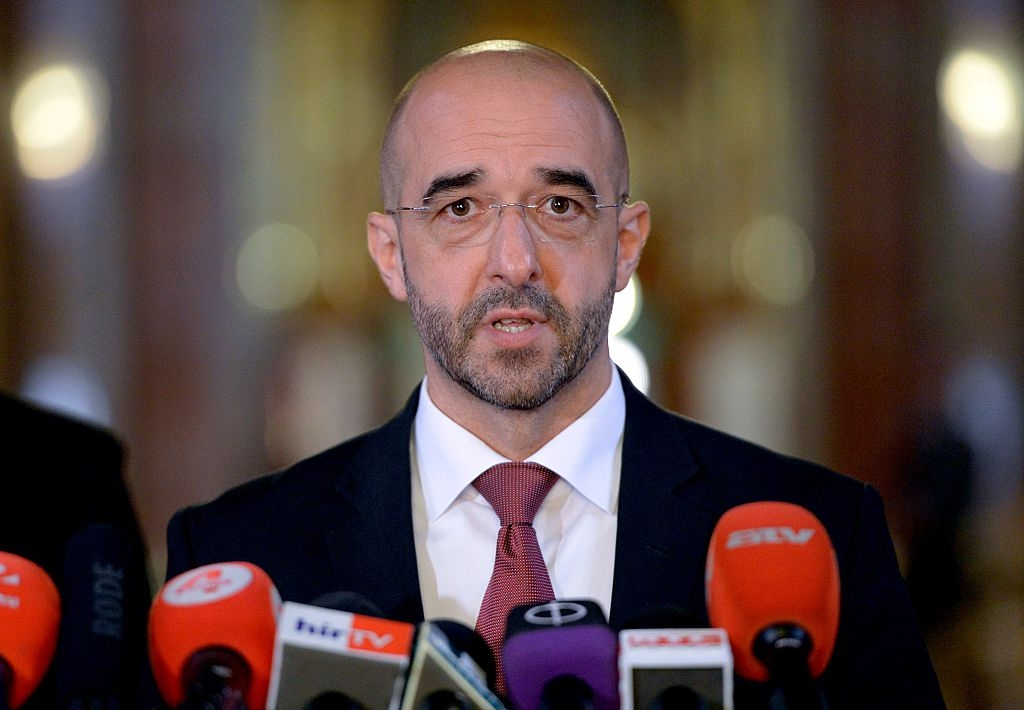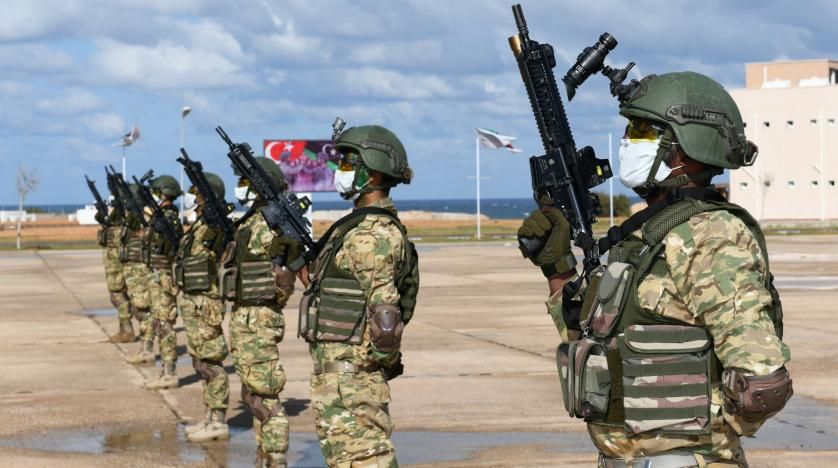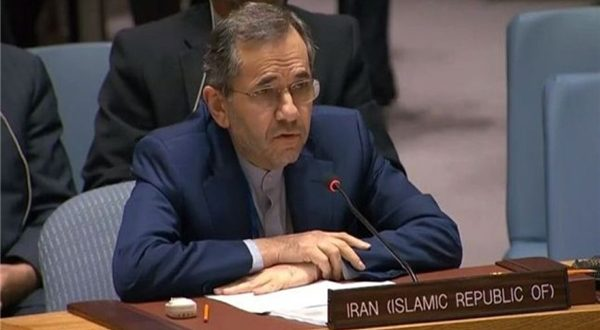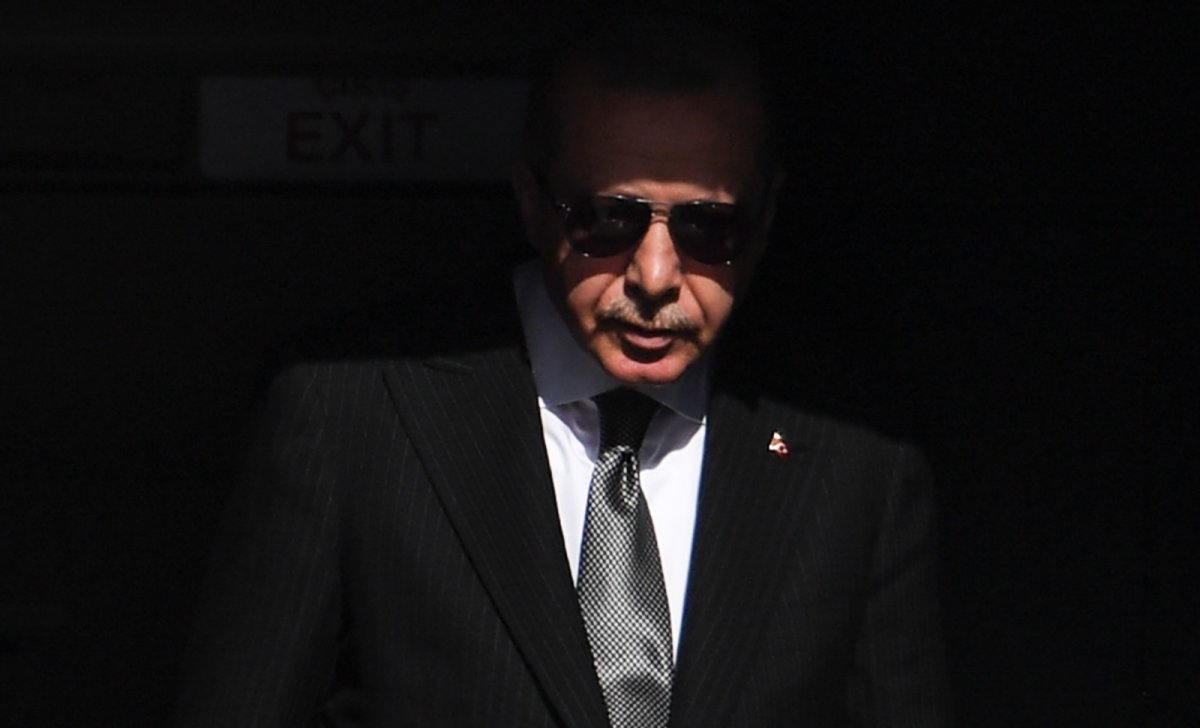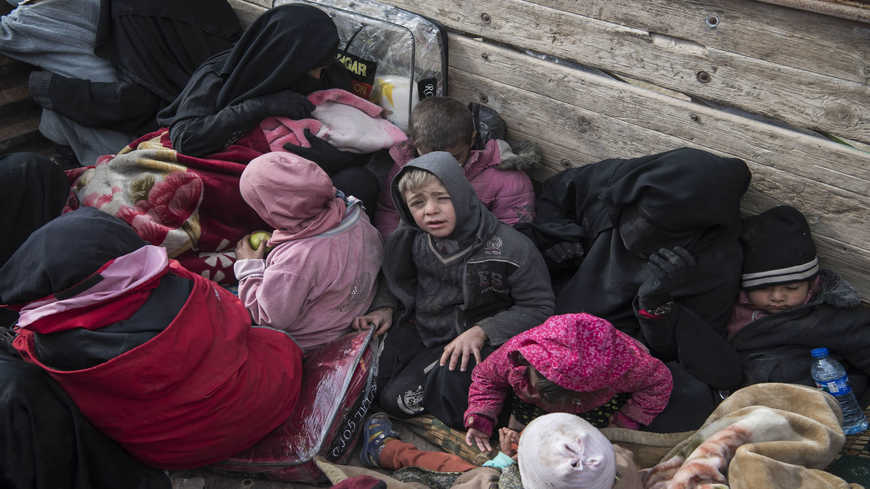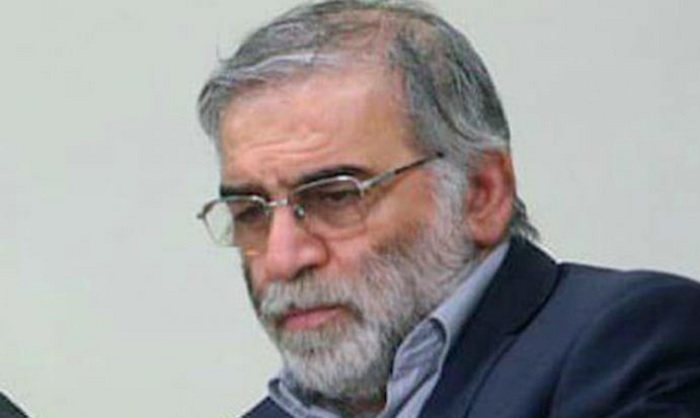Who is the Iranian scientist killed in Tehran?
Iran denies Fakhrizadeh was involved in any such undertaking and that it ever tried to weaponise uranium enrichment for nuclear energy.
Prominent Iranian military scientist Mohsen Fakhrizadeh, killed in an attack outside Tehran on Friday, was widely seen by Western intelligence as the mastermind of clandestine Iranian efforts to develop nuclear weapons.
Iran denies Fakhrizadeh was involved in any such undertaking and that it ever tried to weaponise uranium enrichment for nuclear energy. But he is widely thought to have headed what the UN atomic watchdog and US intelligence services believe was a coordinated nuclear arms program that was halted in 2003.


